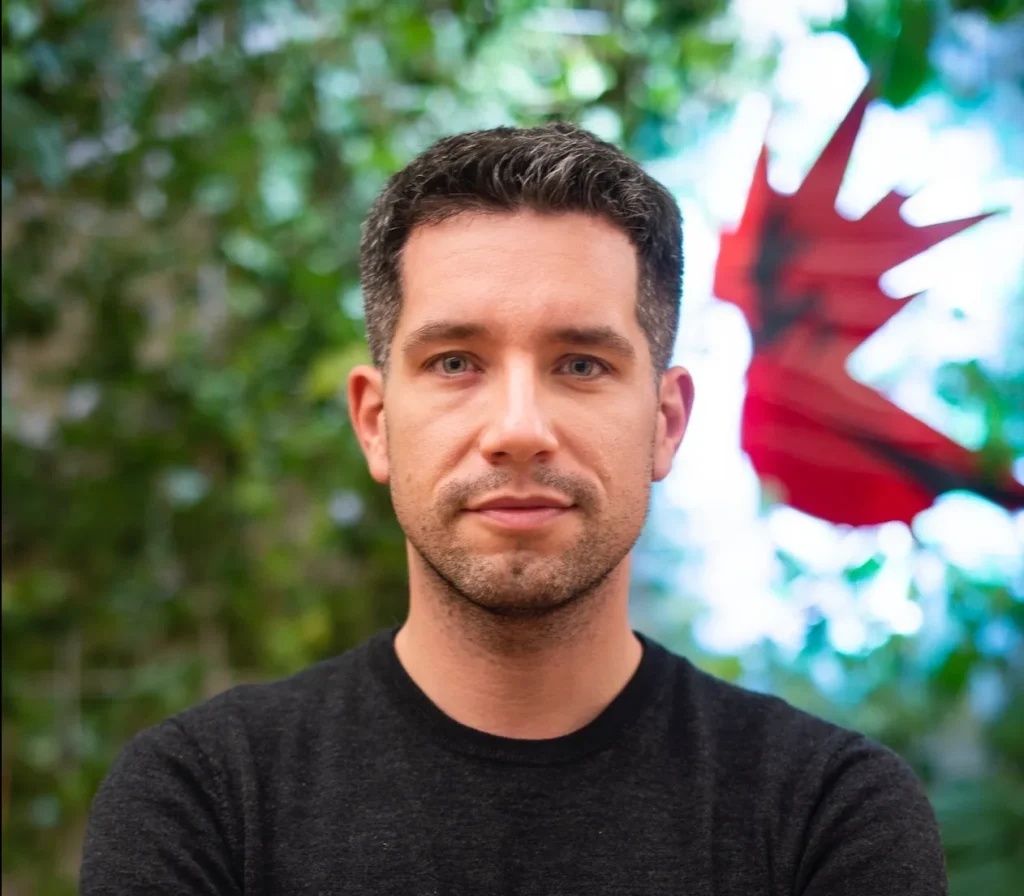
Amid the Nintendo Switch 2 key card controversy, a notable voice from CD Projekt Red has entered the conversation. Jan Rosner, VP of Business Development and a key figure behind Cyberpunk 2077, has spoken out in defense of Nintendo’s choice to include physical key cards in its upcoming console launch.
The conversation stems from Nintendo’s April Direct, where the company confirmed that Switch 2 would move forward with physical key cards for some games—distinct from the original Switch cartridges. These new cards, rather than containing full game data, act as proof of purchase, sparking backlash and confusion among gamers and developers alike.
Despite the criticism, Rosner provided a different perspective in an interview with The Game Business, saying:
“Do not underestimate the physical edition.”
He explained CD Projekt’s decision to bring Cyberpunk 2077: Ultimate Edition to Nintendo’s new console as a physical release, calling it “the right thing to do.” He further emphasized that Nintendo players appreciate the plug-and-play experience, and that a tangible edition maintains that tradition.
🎮 Nintendo Switch 2: A New Chapter
The Nintendo Direct in April 2025 revealed several key details about the upcoming console, including its release date of June 5, 2025, and Mario Kart World as a headline launch title. Alongside Cyberpunk 2077, other confirmed titles for the Switch 2 include:
-
Elden Ring
-
Split Fiction
-
Final Fantasy VII Remake Intergrade
-
Hyrule Warriors: Age of Imprisonment
-
FromSoftware’s new IP, The Duskbloods
Nintendo also celebrated a major achievement, with its market cap doubling since 2016, fueled by the massive success of the original Switch and its expansion into movies and theme parks.
📦 The Value of Physical Media in 2025
As cloud gaming and digital-only platforms dominate headlines, Rosner’s comments offer a timely reminder of the value of physical game editions. Not only do they provide a straightforward, ownership-based experience, but they also build long-term trust with audiences who prefer tangible formats.
“We believe in delivering a product people can physically own,” Rosner stated, reinforcing CD Projekt’s commitment to supporting physical releases, even in an increasingly digital market.
With developers debating how to approach the Nintendo Switch 2’s storage structure, Rosner’s remarks shed light on an alternative approach—leaning into physical media as a strength, not a limitation.
In a market where game size often challenges hardware constraints, the Nintendo Switch 2’s key card system may push developers to innovate in how they package and deliver content.
As controversy continues to swirl around Nintendo’s decision, one thing is clear: physical editions aren’t dead—and might just be the smart play for developers willing to meet players where they are.